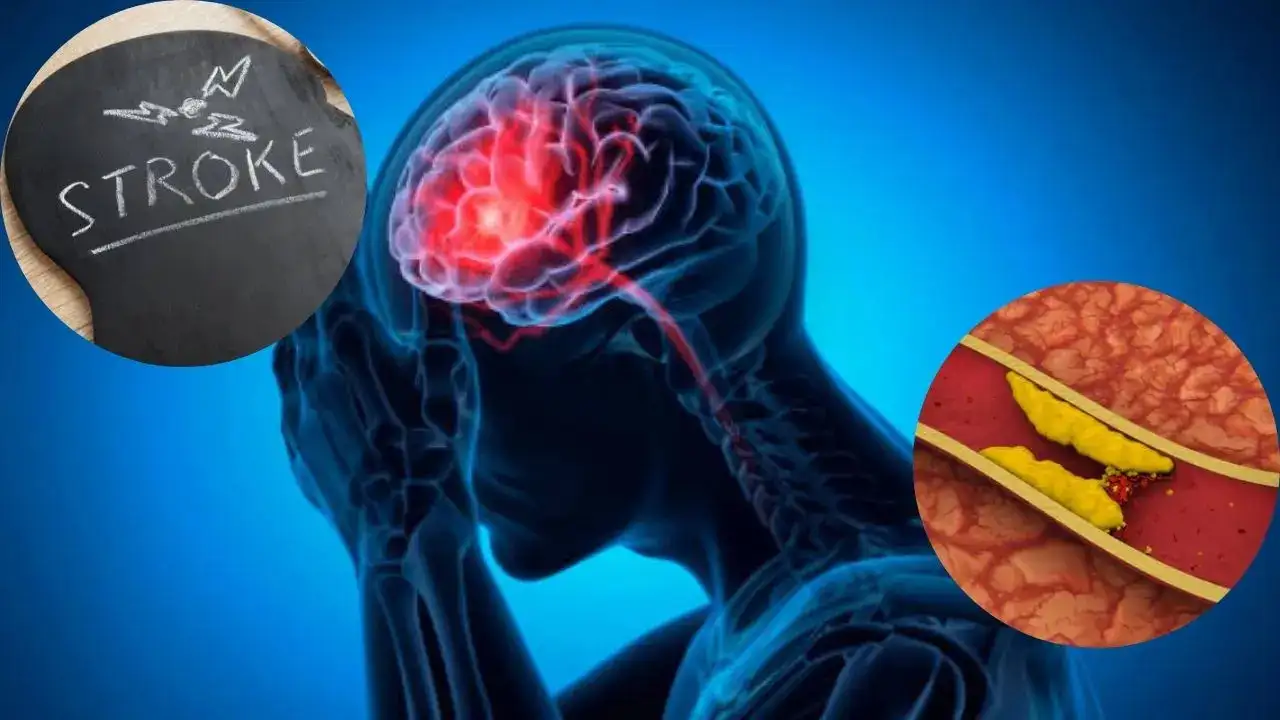
The only treatment for a stroke is immediate medical attention and so, it is important to recognise the warning signs
Also known as cerebral thrombosis or embolism, blood clots usually occur when something blocks a blood vessel in the brain—thereby stopping the normal blood flow and potentially causing a deadly stroke—which can either be fatal or leave you paralyzed.
According to experts, the only treatment for a stroke is immediate medical attention. However, doctors say your body gives you a few signs weeks before it may happen—even though it’s not always the case. Here are a few signs of blood clots that can appear days or even weeks before you get a stroke.
Sudden weakness
One of the most common warning signs of a blood clot is sudden weakness or numbness, which mostly affects your face, arm, or leg on one side of the body. If you experience a sudden loss of strength – particularly on just one side – it could be an indication of an impending stroke.
Trouble speaking
Difficulty speaking, understanding, or being incoherent during conversations with others is another warning sign of a stroke. There may be signs you would find it challenging to speak or comprehend what others are saying.
Severe headache
A clot in your brain can trigger severe headaches that come on suddenly and without a clear cause. Doctors say it may also be accompanied by dizziness, vomiting, or changes in vision. If you experience an unusually intense headache, especially if it’s different from your typical headaches, you must consult a healthcare professional.
Vision issues
If you have been seeing blurred or double vision, a sudden loss of vision in one eye, or blackened areas in your visual field. If you notice any sudden changes in your vision, it is essential to get it evaluated by a medical professional.
Loss of balance
Feeling dizzy or experiencing a loss of balance and coordination can be indicative of a stroke. If you suddenly struggle to maintain your balance, stumble, or have difficulty walking, it’s important to take these symptoms seriously and seek immediate medical attention.
What are the common symptoms of a stroke?
Strokes mostly come with sudden and noticeable symptoms, a few of which include:
- Numbness or weakness in the face, arm, or leg, particularly on one side of the body
- Confusion or trouble understanding speech
- Difficulty speaking or slurred speech
- Severe headache
- Problems with vision, such as blurred or blackened vision
- Dizziness, loss of balance, or coordination difficulties
Why is early detection important?
Doctors stress detecting and addressing stroke warning signs as early as possible to significantly improve the chances of a positive outcome. If you or your loved ones have been experiencing any warning signs, it is imperative to seek immediate medical attention.
Timely intervention can help prevent the occurrence of a full-blown stroke and minimize potential brain damage.
Lifestyle changes for stroke prevention
Preventing strokes requires a multifaceted approach. Adopting a healthy lifestyle can significantly reduce the risk of experiencing a stroke. Some recommended lifestyle changes include:
- Maintaining a healthy diet rich in fruits, vegetables, whole grains, and lean proteins
- Regular physical exercise
- Managing stress levels effectively
- Quitting smoking and avoiding secondhand smoke
- Limiting alcohol consumption
- Monitoring and managing chronic health conditions such as high blood pressure, diabetes, and high cholesterol
